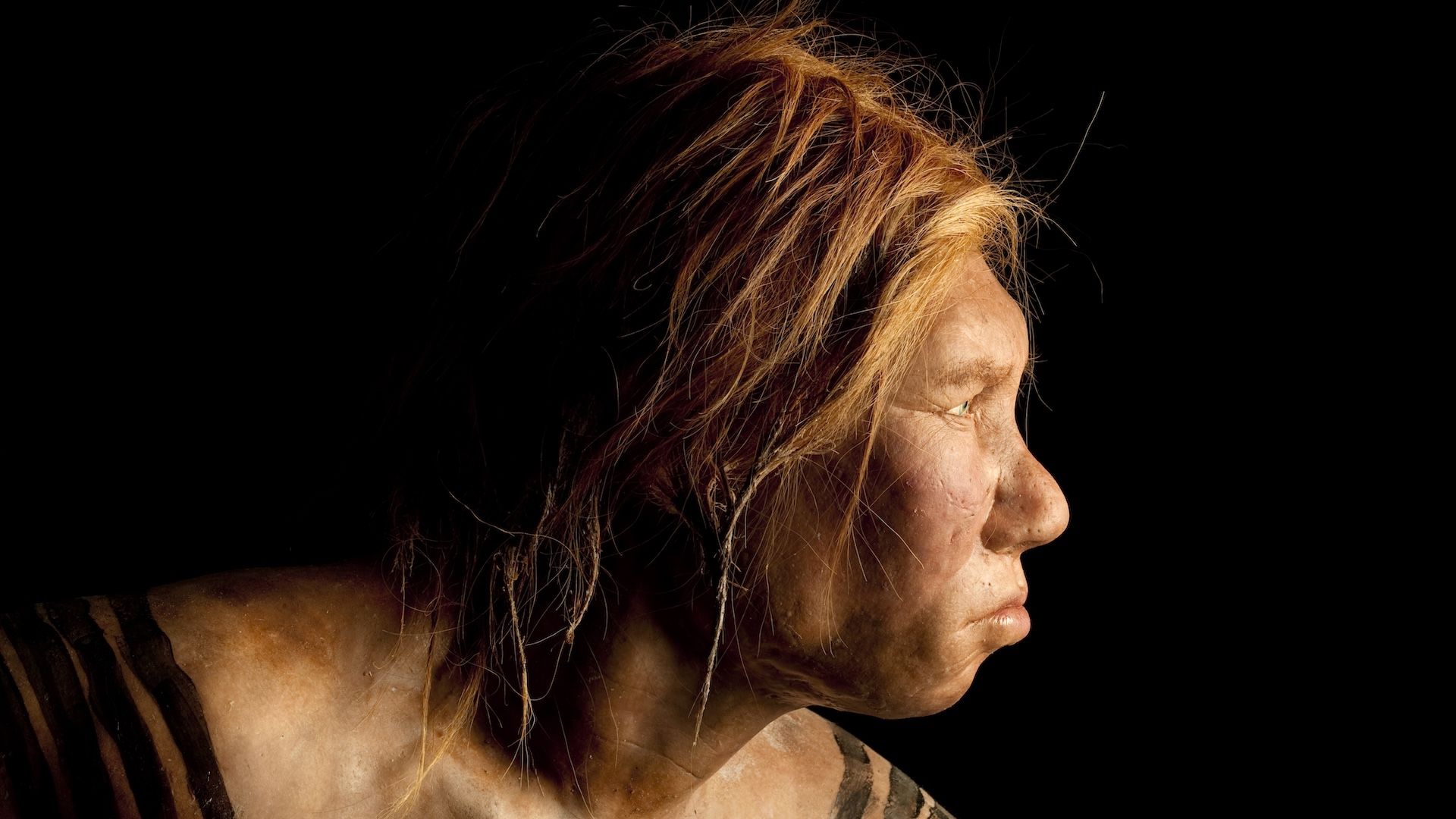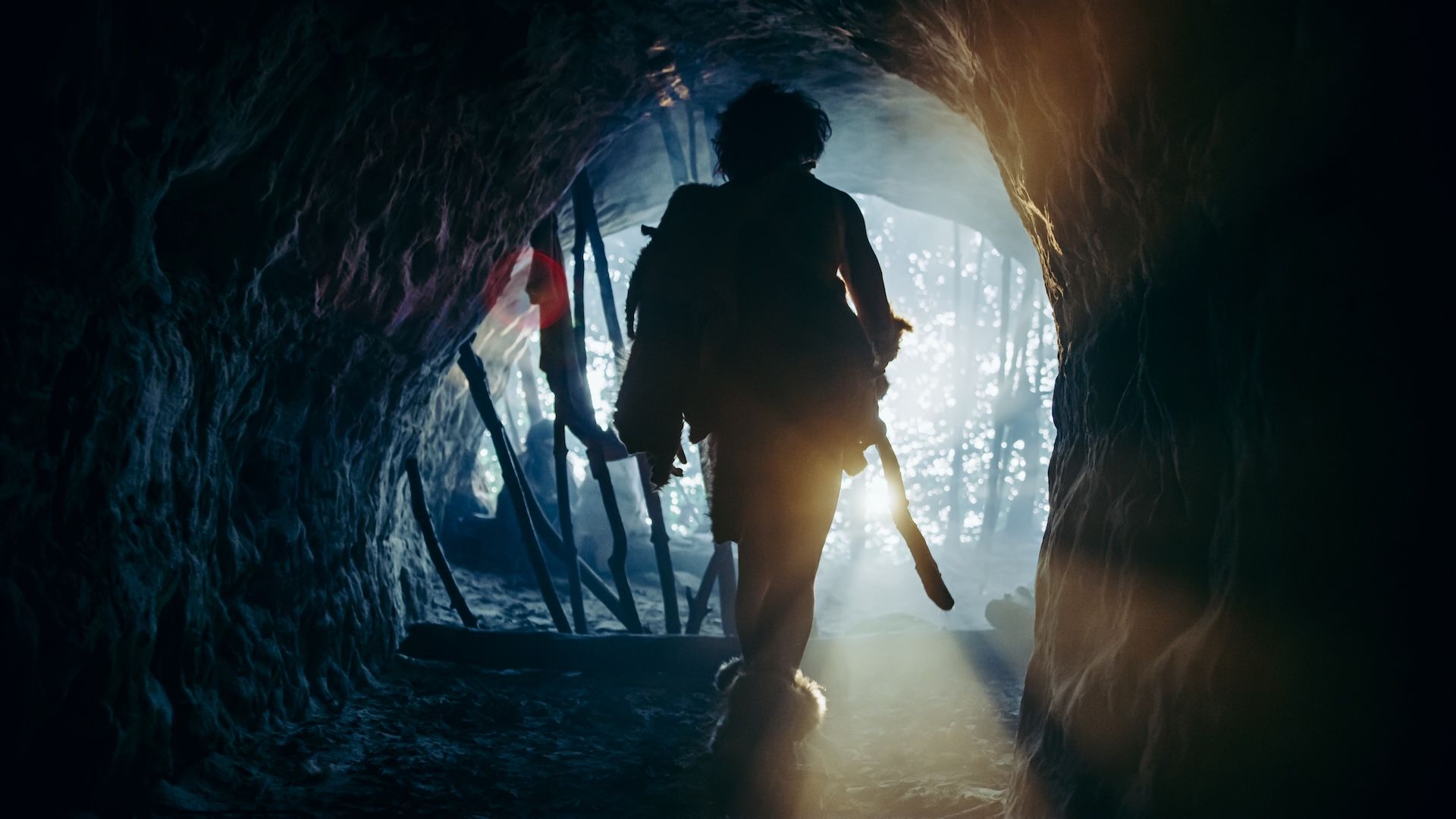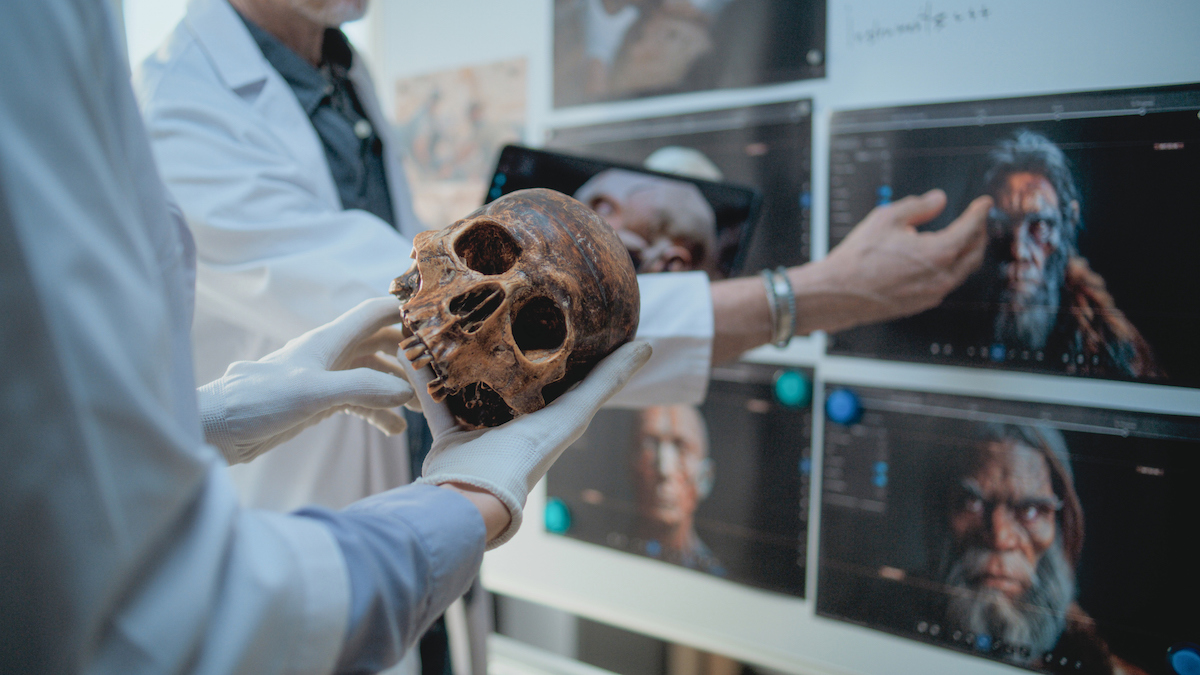Neanderthals, our extinct cousins, are often portrayed as eating nothing but meat — no fruit, no grains, no greens. But did Neanderthals really live on meat alone? While there’s plenty of evidence that Neanderthals regularly chowed down on meat, a growing body of research shows our close evolutionary relatives, who went extinct more than 30,000 years ago, also ate other …
Read More »Tag Archives: Neanderthals
Lead exposure may have influenced brain and language development in early humans and Neanderthals – Archaeology News Online Magazine
Lead exposure may have influenced brain and language development in early humans and Neanderthals Archaeology News Online Magazine Source link
Read More »Scientists Could Bring Back Neanderthals Within 20 Years — But At What Cost?
Could humanity resurrect its closest extinct cousin? With rapid advances in genetic engineering, the idea of bringing back Neanderthals has moved from science fiction into the realm of technical possibility. While some researchers now believe such a feat could be achieved within two decades, the ethical, legal, and scientific implications remain deeply divisive. This speculative journey into human evolution is …
Read More »Neanderthals were more susceptible to lead poisoning than humans — which helped us gain an advantage over our cousins, scientists say
Humans and our ancestors have been exposed to lead for up to 2 million years, researchers have discovered — overturning the belief that lead poisoning is a relatively modern phenomenon. What’s more, widespread exposure to the toxic metal may have affected the evolution of our species’ communication abilities. This would have given Homo sapiens a key advantage over our cousins, …
Read More »Neanderthals could be brought back within 20 years — but is it a good idea?
When scientists sequenced the Neanderthal genome in 2010, they learned that Neanderthals interbred with human ancestors before mysteriously going extinct. As a result, many people alive today share up to 4% of their DNA with Neanderthals. This genetic breakthrough yielded powerful new information about the evolutionary history of Neanderthals and Homo sapiens, but it also raised a new question: Could …
Read More »Was Lead Poisoning The Real Reason Neanderthals Died Out?
Lead exposure from modern chemical pollution is a well-documented threat to neurodevelopment and general health, yet a surprising new study reveals that this toxic heavy metal has, in fact, been impacting human evolution for more than two million years. What’s more, using lab-grown mini-brains, the study authors revealed that Homo sapiens is far more resistant to the effects of lead …
Read More »Lab-grown ‘mini-brains’ may explain why we outlived Neanderthals – The Times
Lab-grown ‘mini-brains’ may explain why we outlived Neanderthals The Times The strange role of lead poisoning in humanity’s success The Economist Ancient lead exposure may have helped humans evolve over Neanderthals, study finds ABC News – Breaking News, Latest News and Videos Did Lead Limit Brain and Language Development in Neanderthals and Other Extinct Hominids? UC San Diego Today Ancient lead exposure may have …
Read More »Lead Exposure May Have Given Ancient Humans an Edge Over Neanderthals : ScienceAlert
Lead is often thought of as a modern toxin, but a new study has found that it’s been haunting us and our ancestors for almost 2 million years. Stranger still, exposure could actually have given humans an edge over our closest relatives. An international team of researchers analyzed the lead content of 51 fossilized hominid teeth, dated to between 100,000 …
Read More »Svante Pääbo, father of paleogenetics: ‘The reason for the Neanderthals’ extinction lies in how numerous we’ve become’ – EL PAÍS English
Svante Pääbo, father of paleogenetics: ‘The reason for the Neanderthals’ extinction lies in how numerous we’ve become’ EL PAÍS English Source link
Read More »Neanderthals may have taken planned “vacations” to the beach
The Algarve coast now offers one of the clearest windows into Neanderthal life on the Iberian Peninsula. Two new hominin track sites discovered on Portugal beaches change how we view Neanderthals’ relationship with coastlines. Led by Carlos Neto de Carvalho of the University of Lisbon and Fernando Muñiz of the University of Seville, with collaborators across Europe and China, the …
Read More »






